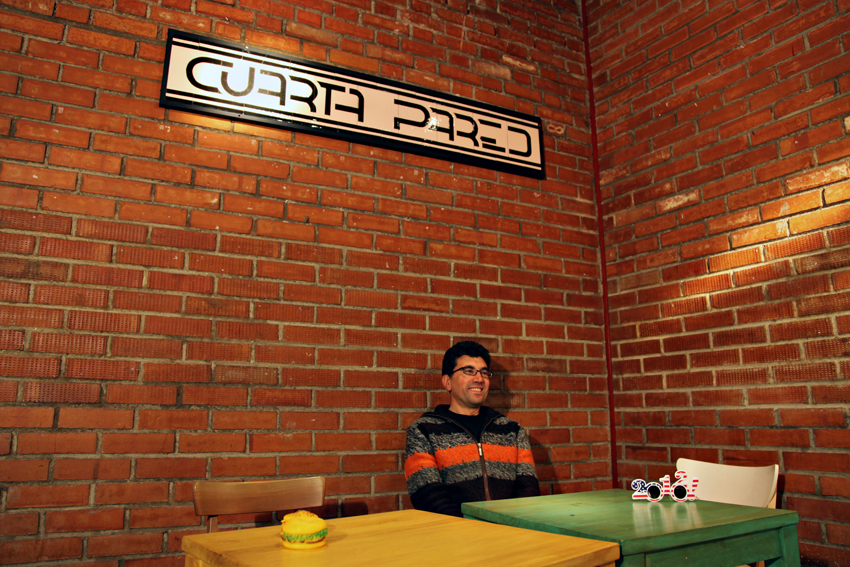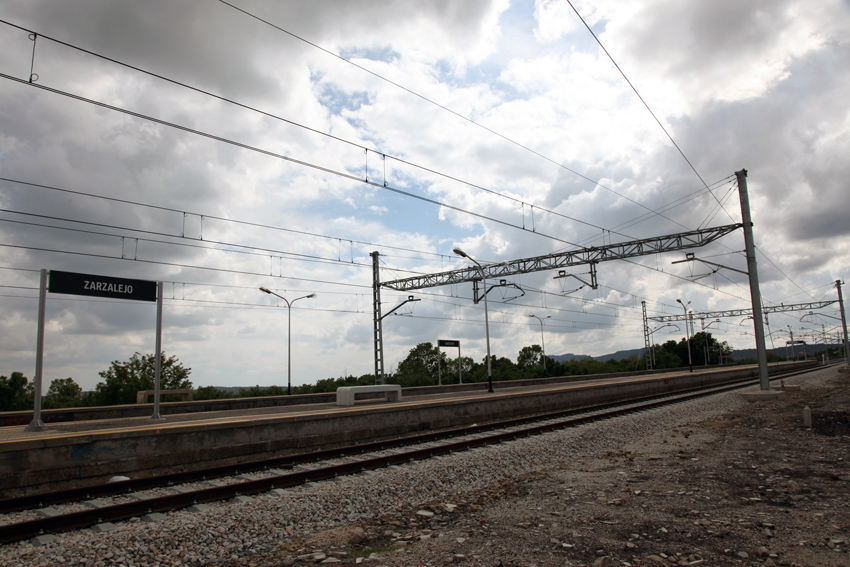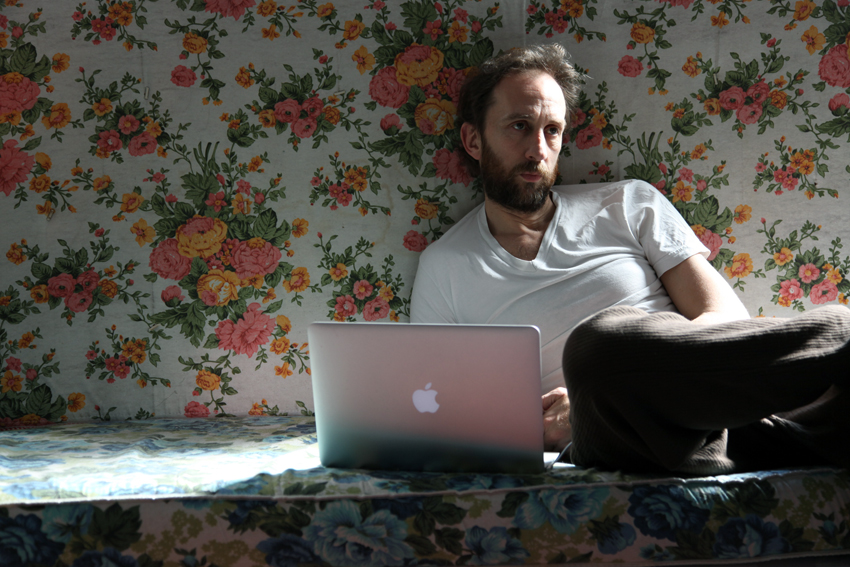TkH: Walking Theory (in Serbo-Croatian TkH: Teorija koja hoda) is an independent theoretical-artistic platform, founded as a group for theoretical and artistic research at the end of 2000 in Belgrade.
The main objective of the TkH platform is to reinforce the critical and experimental practices in contemporary performing arts in the local context, as well as to affirm them in a wider, regional and international context.
TkH’s activities are a theoretical praxis in the field of contemporary performing arts, implemented through textual production, self-organization, critical education and cultural policy. They are realized through several programs: TkH Journal for performing arts theory, educational programs (PATS, s-o-s project, dramaturgical trainings, Knowledge Smuggling!, Deschooling Classroom), a regional online platform (tkh-generator.net), artistic (Pro Tools) and theoretical events (conferences, labs), inter-disciplinary performances and other artworks, as well as hosting presentations and lectures by artists and theoreticians outside of Serbia. In addition to its specific, more theoretical and artistic interests, TkH has been active in the field of cultural policy. It engages in collaboration with self-organized initiatives, organizations, and platforms from Belgrade (the Other Scene), the region of Western Balkans (Clubture), as well as with a few other platforms from Europe (a.o. PAF). The initiatives and projects of collaboration with the above-mentioned initiatives are motivated by the common goal: reinforcing the infra-structural and discursive potentials of independent cultural and artistic scenes.
From 2010 TkH has worked partly in Paris, in les Laboratoires d’Aubervilliers, where it has carried out long-term project How to do things by theory, within which we currently research on performance and the public.
Currently, the editorial collective of Walking Theory are: Ana Vujanović, Bojana Cvejić, Bojan Djordjev, Marta Popivoda, and Siniša Ilić.
Ana Vujanović (1975, Belgrade; based in Berlin / Belgrade / Paris) is a freelance worker – theorist, writer, lecturer, coordinator, dramaturge – in contemporary performing arts and culture. Ph.D. in Theatre Studies. Editor of TkH journal for performing arts theory, and a member of editorial collective of TkH platform. Engages in many artworks: performance, theatre, dance, video; and organizes and/or gives lectures and workshops at various conferences and festivals. Her particular commitment is empowering the independent scenes in Belgrade, ex-Yugoslavia, and also in Europe. Publishes regularly in journals and anthologies. Author of the theoretical books: Destroying Performance Signifiers, An Introduction to Performance Studies (with A. Jovićević), and DOXICID.
Marta Popivoda (Belgrade, 1982) is film and video maker, and also cultural worker. She is a member of editorial collective of TkH platform. In her solo projects she explores cinema as a medium and format of contemporary art and as a tool of knowledge production. Her most widely known work is illegal_cinema (2007-…), which has been presented in France, Turkey, Spain, Croatia, and Serbia. Her stance is of an Eastern European artist who prefers using already existing materials from the history of film and media in (post)producing her own work. Her work was presented in exhibitions of photography, installation art, and video. She also collaborates in theatre performances and contemporary opera as video artist. Occasionally publishes theoretical texts and essays. www.martapopivoda.info








RSS feed for comments on this post. /